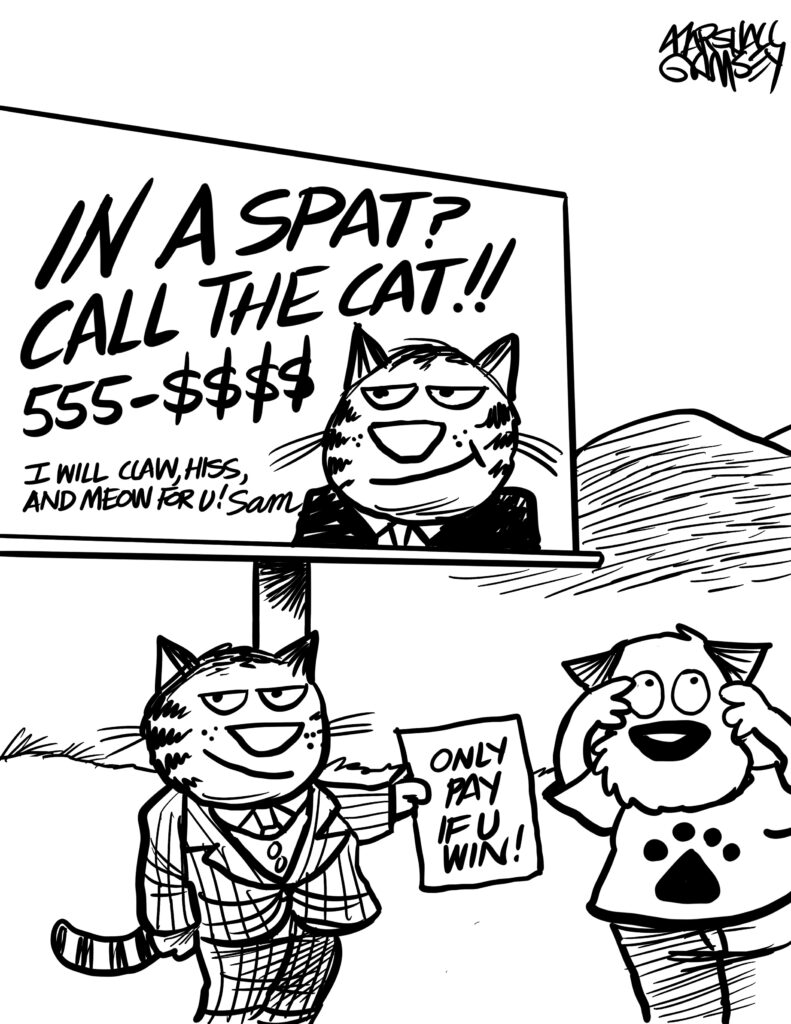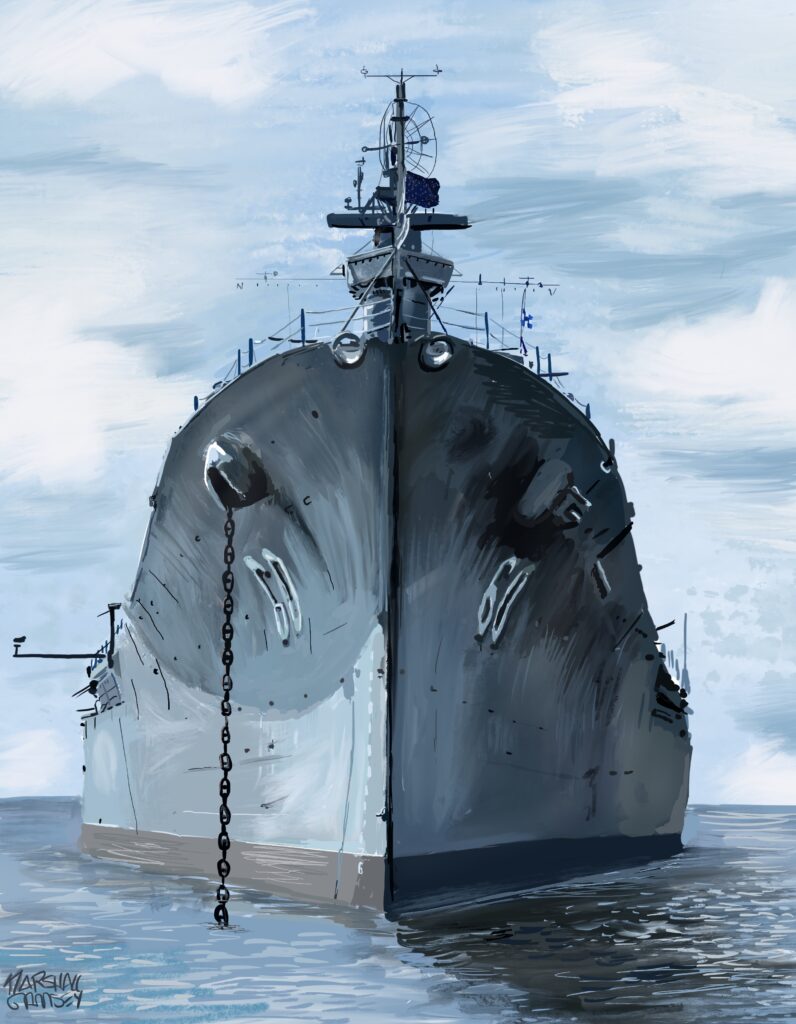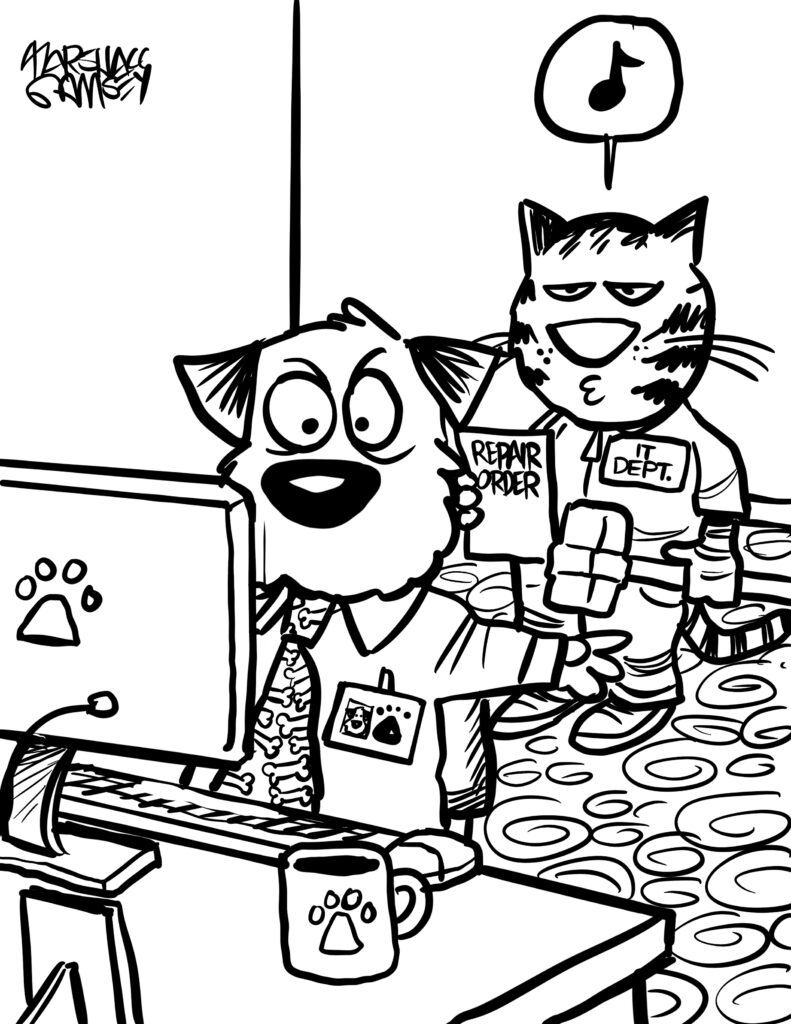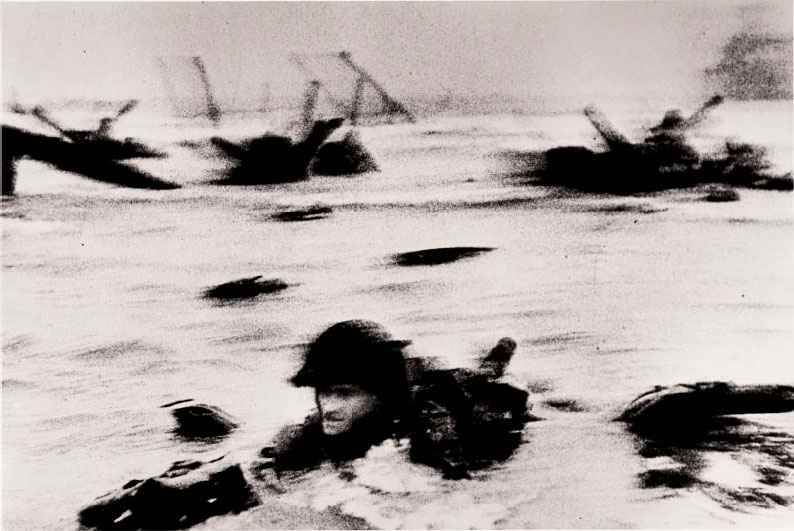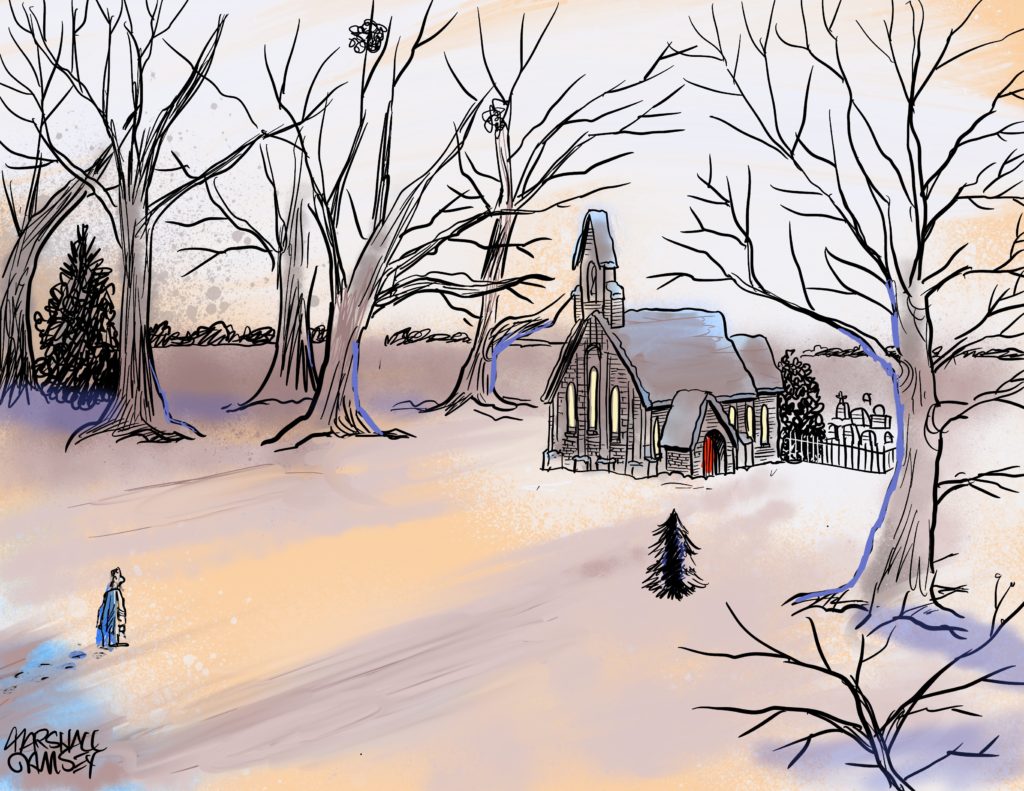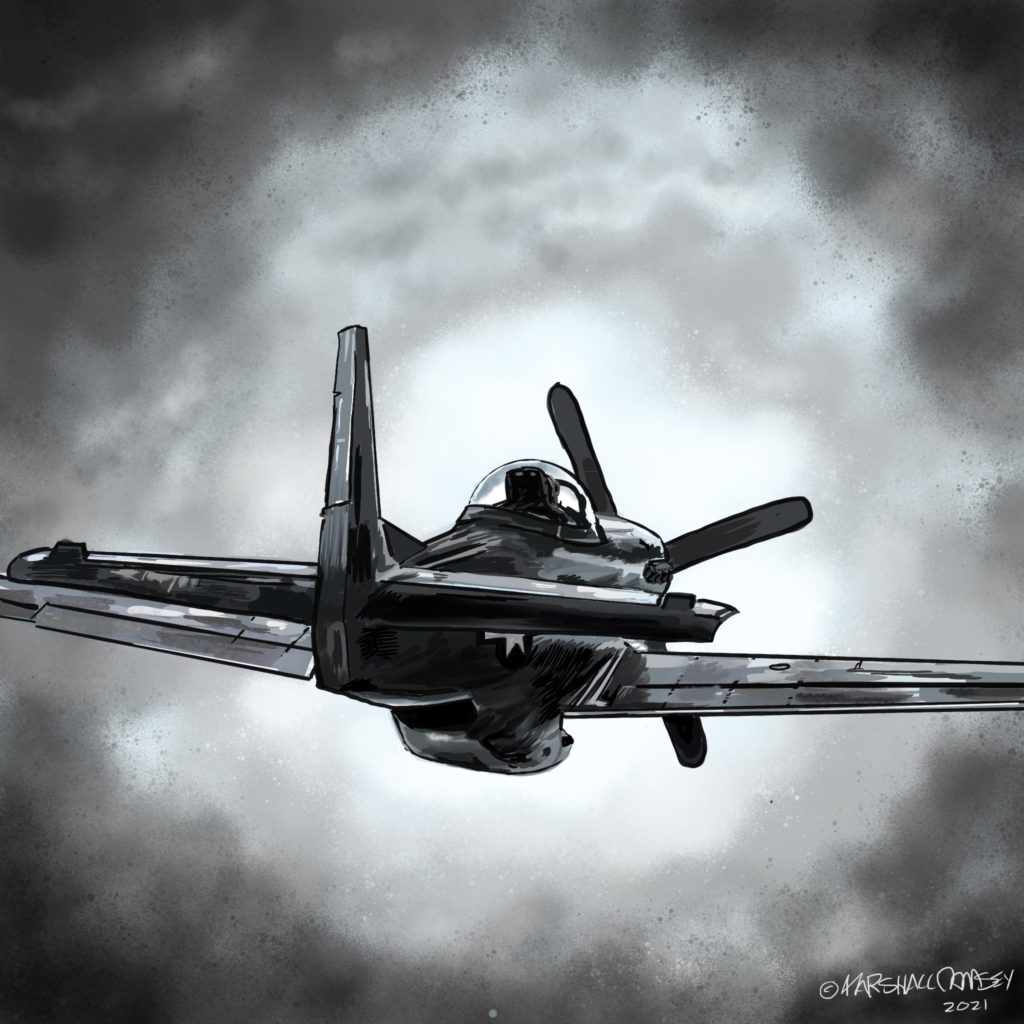A trickle of sweat dripped down Franklin G. Spruance’s spine. The steamy summer evening felt like a warm, wet towel wrapped around his body. Mississippi’s oppressive heat was smothering in August; it was something he’d never get used to — like the Devil blowing his breath on your neck.
Born and raised in the Mississippi Delta, Franklin had moved to the Jackson area after Ole Miss law school. Now after 29-year career as one of Jackson’s top lawyers, he had a big salary, bigger house and even bigger stress levels to go with it. He walked to his BMW in the firm’s parking garage and fumbled for his fob. He didn’t see the shadow lurking behind the pillar, creeping between the cars.
Pain struck him like lightning.
Spruance gasped for air. His body hit the concrete parking deck; he was unable to cry out for help. Flopping painfully, his mouth opened and closed like a catfish dying on a dock. His vision turned to white and then went dark. The shadow stood over him and then moved on.
“Pity,” the figure thought as it faded into the shadows.
Deep in the middle of the Mississippi Delta sat a small, vine-covered stone church. Designed by Frank Wills, an English-born New York architect (who planned many Gothic Revival style churches for Episcopal congregations,) St. Meridian was hidden in a thicket of oaks and vine. Sprouting from the seeds of evil — its very structure was built by the Hell of slavery. Yet it had also served as a focal point of Heaven. In the 1960’s it served as a safe house during the Civil Rights movement. St. Meridian was like the the inter-Korean Peace House in the DMZ. It was the one place on Earth where Heaven and Hell could meet on neutral ground.
It was house of God built by an institution created by the Devil himself.
A lone figure shuffled down the dirt and gravel road. The setting sun backlit the man, obscuring his face as he approached St. Meridian. Dust had turned the sky orange. August’s heat had burned the vegetation. The world around the church looked like it had been painted with a palette filled with hues of brown. The man brushed the dust off his shoes and knocked on the faded red door.
It swung open on its own.
At the far end of the nave, near the alter, sat two men sitting at a cheap card table. One, with a short haircut, wore a black suit. The other, long-haired and wearing white, picked up his rook and moved it with confidence.
“Check.”
The man in black shook his piece and used his queen to take out the rook.
“After all this time, that’s the best you have,” the man in black taunted. Both stopped their game and looked at the visitor.
Both smiled and said in unison, “Welcome Spruance, we have been expecting you.”
Franklin Geoffrey Spruance was born on January 13, 1968 to Frank and Martha Spruance. Frank was salesman. Martha a teacher. Both valued education and knew their little boy would achieve great things. From the street, 193 Maple Street looked like a happy, normal household. Frank volunteered at the school and as a little league coach. Martha donated time at the local soup kitchen. But every house has its secrets. And the Spruance household was a house with a secret. Martha Spruance struggled with untreated mental illness. One minute, she could be a loving mother and wife — they next, she was abusive and cruel. Poor Franklin spend his childhood walking on eggshells, trying to guess which version of his mother he’d face when he came home from school.
Martha Caylor Spruance was an only child who grew up in a wealthy family in Memphis. Her mother, a victims of child abuse herself, ignored Martha when she was young. It was multi-generational trauma — like the Devil himself had passed the torch down through the family tree. Young Franklin carried that piece of the Devil with him.
“Let me guess,” Franklin said looking at the two men,”You, the one in the black suit, are the Devil and you, the one in white, are God.”
Both men chuckled. “Not quite. Welcome to St. Meridian, Franklin,” they said together, “Let us introduce ourselves.”
The man in black said, “My name is Gabriel. I am an angel — and I’m wearing black because I sweat so much when I’m in Mississippi and this, as you guessed wrongly, is Lucifer.”
“I wear white because it’s too damn hot in Mississippi to wear black,” Lucifer fanned himself. “Hell is no where near this humid.”
Both men laughed again.
Gabriel continued, “I’m glad you found your way to St. Meridian, Franklin. I am sure you know why you are here.”
“To be judged?” Franklin guessed.
Lucifer sneered, “Oh now Franklin, you’ve been doing that your whole life. What can we add to your constant self criticism?”
Gabriel interrupted him. “Exactly. You’ve been living with Lucifer in you for your whole life.”
Lucifer scoffed, “Well, you’re in there too.”
Gabriel nodded, “This is true. Franklin, you carry both of us inside of you. Or at least you did.”
Lucifer interrupted, “humans are so weak and conflicted.”
Franklin looked out the leaded glass windows. The sky was an eerie, glowing white.
“So I’m dead.”
“Almost. You are here because it’s not your time yet. At St. Meridian, we are, if you will excuse the lack of a better term, life coaches.” Lucifer said as he moved another chess piece, smiling as he collected Gabriel’s knight.
“Yes, we are holding a chess match to decide your fate,” Gabriel continued, “— or at least coaching you to guide you to your own fate.”
Lucifer flicked his hand to the left and a screen illuminated above them. Franklin’s life flashed before his eyes. He cringed as he saw him sitting at the office, looking at his cell phone and selfishly turning inward to try to extinguish the flames of pain that burned in his heart. Franklin has spent five decades standing beneath a waterfall of pain. The pressure, the stress of so much cortisol, had finally caused his heart to seize. As the video ended, Franklin could see his body lying on the floor of the parking garage as Lucifer left it and slipped behind the nearby pillar.
“Sorry, bro. I had to go.” Lucifer rhymed. “It’s time for me to move on to your son.”
“NO!” Frank yelled.
Lucifer chuckled. “Well, it’s up to you, my friend. You have the power to break this cycle of trauma. But I hate to lose you. Like baseball, your family has been very, very good to me. Keep doing what you’re doing. Turn inward. Seek pleasure. Self medicate. Take the easy route.”
Gabriel started changing shape and bellowed, “NO!”
Giant white wings popped through his shirt as the black clothing ripped apart. Instead of black fabric, the giant angel was wearing a glowing, translucent robe. He hovered over the table and then swooped to alter. He then floated down to Franklin and hugged him. As he held him, he whispered in his ear. “Love the Lord your God with all your heart and with all your soul and with all your mind. ‘ This is the first and greatest commandment. And the second is like it: ‘Love your neighbor as yourself.”
He paused, but then said, “But to truly be able to love your neighbor, you have to love yourself. What happened to your mother was not your fault. You have to stop blaming yourself. Today is the day you stop loathing yourself.”
Gabriel released Franklin and floated back to the chess table and moved his queen.
“Checkmate,” he said. Lucifer scowled and said, “I’ll get the next one.”
“Mom! Dad’s eyes opened!”
Franklin’s son Geoff, who had rushed to UMMC straight from Ole Miss to sit by his father’s bedside, yelled to his mother, who was standing out in the Hall. Franklin’s wife Andrea, who had asked for a divorce the day before Franklin’s heart attack, had sat for a week by his bedside praying for his recovery. Little did she know, her prayers were more than answered.
“Dad, It’s Geoff. Mom is here, too. You died in the helicopter but they got you back alive. You’re alive. It’s a miracle — no sign of brain damage or heart damage.”
“Honey, I’m glad you’re still with us. Nod if you understand us.”
Franklin blinked and then nodded. He had a long journey ahead of him, but one he was willing to take.
Six months later.
It was recovery worthy of “It’s a Wonderful Life.” Without the demon holding him hostage, Franklin found joy and peace in the smallest ways. Gratitude ruled his heart and that change allowed his heart to heal. That healing extended first to Geoff and Andrea. Then it expanded out to the law firm and then to the community. Life had a sweet taste to it that he had never tasted before. And on that warm, spring Mississippi day, he and his family headed to the Mississippi Delta. It was time to say thanks in a very special place. “I have some place special to show you,” Franklin said as he headed north up Hwy. 61.
St. Meridian isn’t on Google Maps; but Franklin knew the way. He turned the SUV down the dusty road and planted hit foot on the gas with excitement. He wanted his family to see the place that changed his life. The SUV stopped in the middle of familiar thicket of oaks and vines, as Franklin expected to see the church. But instead, there was nothing but a pile of stones. There, in front of the ruins of the church, was a plaque. Franklin got out and read it aloud.
Here lies the ruins of St. Meridian Church. Built in the 1850s by slaves, it became a refuge for escaped slaves and then later as a sanctuary for Civil Rights activists in the 1960s. Tragically destroyed by the Klan on January 13, 1969, St. Meridian remains a reminder that we all carry a little bit of Heaven and Hell in our hearts. It’s our choice which voice we chose to listen to.
